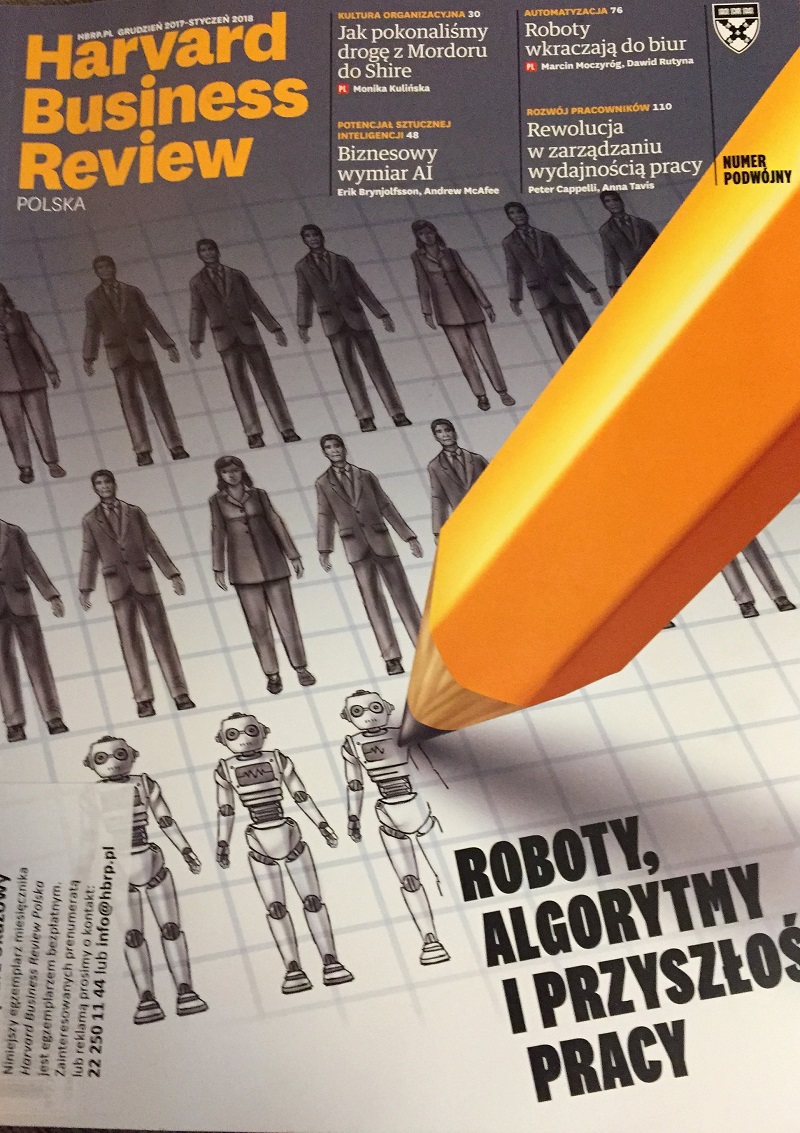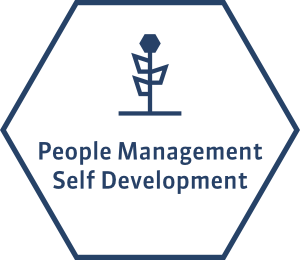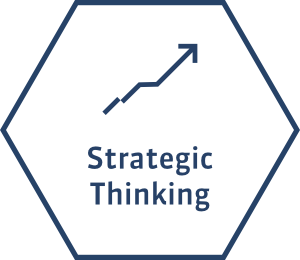Variety is the key to innovation
Dr Barbara Stepnowska, founder and director of the MBA programme at the Gdańsk University of Technology, discusses issues relating to managing diversity in higher education in Harvard Business Review Poland 12.2017-01.2018.
What experience connected with diversity management have you gathered during the implementation of the business programme at the Gdańsk University of Technology?
Managing diversity is, in my opinion, a process of skilfully merging the multidimensional values that arise as a result of the varied professional experience of people, their age, character, knowledge, skills or the culture into which they were born. These combined values affect the formation of MBA programmes. Professors – business practitioners and academic teachers from different countries and organisations – also have different experiences. A similarly significant percentage of students originates in other countries and represents various industries. Diversity like this allows the students to perceive the business environment and management, as well as themselves, from another level; it provokes multidirectional thinking. Contemporary organisations see this ability as invaluable.
I still observe a low percentage of women enrolling onto our programme, barely reaching 20%. Interestingly enough, women are a minority, yet they achieve the best results in each year and their career paths are impressive. Therefore, an important task for the staff of the Gdańsk University of Technology MBA programme is to encourage women to take up education, including in adulthood. This is how we work – through seminars, conferences or business meetings. We participate in and organise activities such as Competitive Education or workshops in talent management, to bring closer common areas of interest of both younger and older generations of women and men. This approach inspires, makes it possible to develop interests, and increases the intellectual capital. It also awakens the participants to handling diversity as one of the most important factors of business development.
How does the management style of women affect the development of organisations and academic units?
I started working at the Gdańsk University of Technology in 2006, after 11 years of experience in managing projects and programmes in the financial sector. When the then WZiE Dean asked me to create an MBA course at the Faculty, I saw it as another professional challenge. I knew that I would have the support of the University. It is worth noting that scientists compete with each other. Therefore, it is important to choose those who see value in the team. This is precisely what happens among MBA teachers at our Faculty. They create a team that trusts and respects, accepting other people and their values. The participatory management style, making bold decisions, giving others a chance, and awakening dormant talents are important elements of efficient management at a modern university, inspiring people to work their way out of their comfort zone. It is important to think in terms of benefits, not only for the whole organisation, but also for other people. The ability to use networking to connect and build trust between the University and businesses is equally important. It affects the competitiveness of the University and other organisations. Women display all of the above attitudes.
What are the benefits of diverse teams for Universities?
In my assessment, resulting from many years of experience both in business and at the University, diversity cannot be an objective in itself. However, it is a key factor in creating a culture of innovation and the completion of collective goals set for the group and for individual persons. The success of our programme is measured by the success of graduates. Their achievements are not only limited to the ability to work in diverse teams, but also include using the experience associated with this. While assessing the diversity of teams, we focus on criteria such as ethnicity, gender, age, and nationality. The millennials do not see such categories as essential. It is therefore important that the teams of both teachers and students include people who are curious, knowledgeable, and experienced.









